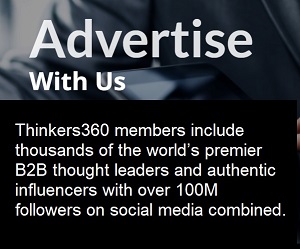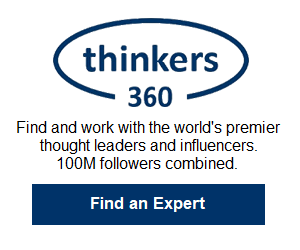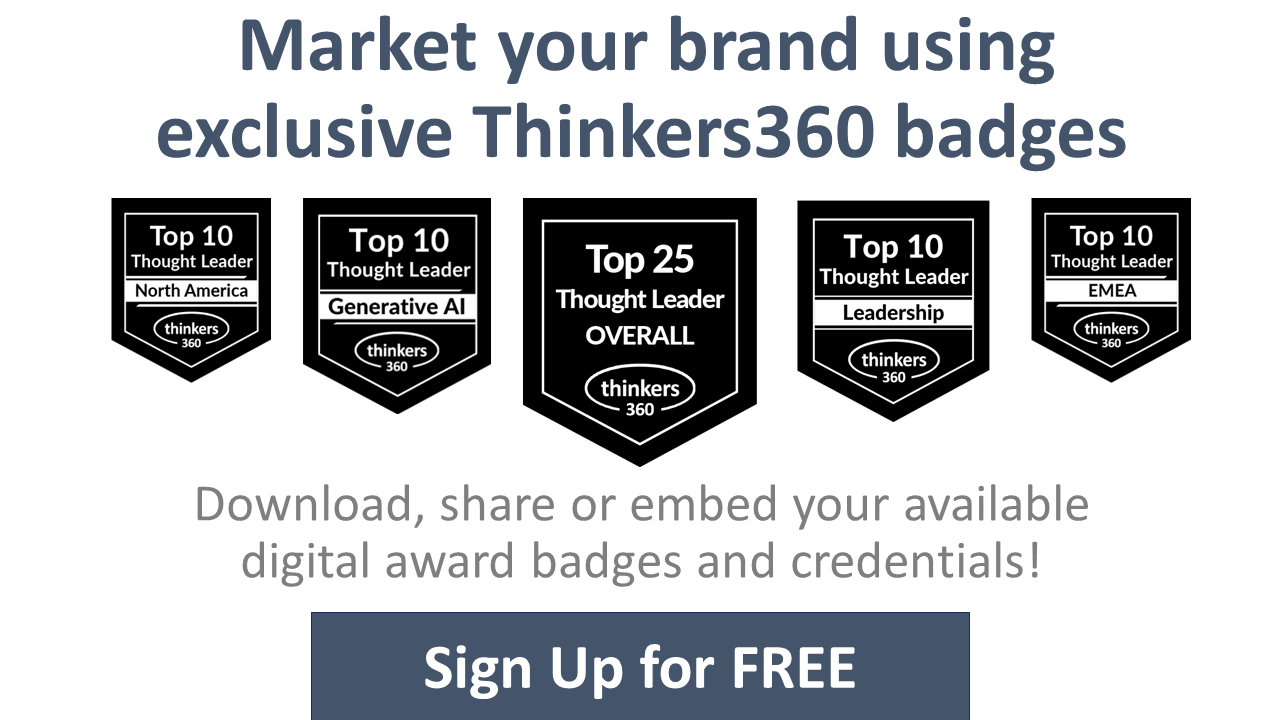The 4 Most Underrated Coaching Questions (According to Harvard Research)
Want to Be a Better Coach? Ask Better Questions.
You’re not a life advice dispenser. You’re a coach. And coaching is about conversations—not monologues.
The quality of your coaching isn’t measured by how wise you sound. It’s measured by how deeply your client reflects, connects, and acts. And at the heart of that transformation?
The questions you ask.
But not just any questions. According to Harvard Business School professor Alison Wood Brooks, some questions are better than others. Not better as in fancier. Better as in more effective at building trust, rapport, and connection—the stuff great coaching is made of.
Let’s talk about the four types of questions Brooks uncovered. They’re simple. They’re powerful. And you’re probably underusing them.
The Surprising Power of Questions (Backed by Research)
In a series of studies with Francesca Gino and Maurice Schweitzer, Brooks found that people who ask more questions—especially follow-up questions—are:
-
Liked more
-
Trusted more
-
And seen as better conversationalists
And here’s the kicker: we routinely underestimate how much people like being asked questions.
As a coach, that’s good news. Because asking questions is already your superpower. We’re just going to upgrade your utility belt with a few new tools.
The Four Types of Questions Every Coach Should Know
These aren’t personality types. They’re question types. And knowing which one to use—and when—makes all the difference.
1. Introductory Questions: The Gentle Opener
Think of these as your coaching warm-up. They ease people in, set the tone, and say: “Hey, it’s safe to talk here.”
Examples:
-
“What brings you here today?”
-
“How’s your week been?”
-
“How did you get into your line of work?”
Why they work:
They lower defenses. They give clients something easy to say “yes” to. And they give you early intel on energy, mindset, and tone.
Use them:
At the start of sessions, when reconnecting, or when a client seems guarded.
2. Mirror Questions: The Likeability Booster
These are sneaky-good. They echo a question back, showing interest and building reciprocity.
Example:
-
Client: “How was your weekend?”
-
Coach: “Good—how about yours?”
Why they work:
They increase likeability and signal presence. Brooks found people like others who mirror them more than those who don’t. It’s subtle. But it matters.
Use them:
To reflect, signal empathy, or build rhythm. Especially early on or when rapport feels fragile.
3. Follow-Up Questions: The Depth Charge
This is the gold. The trust-builder. The “whoa, I’ve never said that out loud before” kind of question.
Examples:
-
“What happened next?”
-
“Why was that meaningful to you?”
-
“How did that make you feel?”
Why they work:
They show you’re really listening. And they help clients go deeper—into stories, emotions, meaning. Brooks’s research shows follow-up questions are the single biggest predictor of likeability and conversational satisfaction.
Use them:
Anytime a client shares something real. Don’t rush past it. Dig in.
4. Topic-Switch Questions: The Smooth Pivot
Sometimes the moment has passed. The thread is tangled. Or there’s a new topic to explore. That’s when you shift gears—gently.
Examples:
-
“Can we circle back to your hiring challenge?”
-
“Switching topics for a sec—how’s the board situation going?”
-
“Before I forget, can I ask about your team dynamics?”
Why they work:
They help you steer without jarring the client. Because sometimes we need to move the conversation without breaking the connection.
Use them:
To transition between topics, avoid rabbit holes, or rescue stuck sessions.
Want the TL;DR? Here’s Your Cheat Sheet:
| Type | Why Use It | Best Moment to Use |
|---|---|---|
| Introductory | Build connection | Start of session or reconnection |
| Mirror | Build rapport and likability | Anytime you’re asked something |
| Follow-Up | Deepen the conversation | After meaningful client insights |
| Topic-Switch | Pivot with grace | When it’s time to change gears |
Real Talk: Why This Works in Coaching
These questions aren’t magic. They’re mechanics.
They create structure, flow, and emotional resonance inside your session. Which means your client feels seen, heard, and safe to explore. And when that happens?
That’s when transformation begins.
Try This in Your Next Session
Here’s a mini challenge:
-
Start with an introductory question (not just “How are you?”—make it real).
-
Use a mirror if your client asks you anything personal.
-
Go heavy on follow-ups—pick a thread and tug it.
-
Use a topic-switcher to close out the session or shift to priorities.
And pay attention to what happens.
Do they lean in? Go deeper? Say, “That’s a good question”?
Good. You’re doing it right.
One Last Thing
You don’t need to overhaul your coaching style. But upgrading your questions with Brooks’s research is like switching from a regular screwdriver to a power drill. Same motion—way more torque.
Want more techniques like this?
Join the CO2 Coaching newsletter and get practical, research-backed insights for coaches and leaders who want to create real impact—one question at a time.



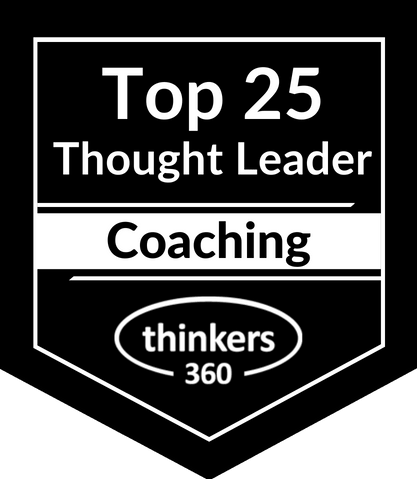



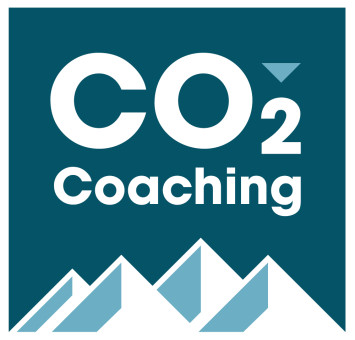
 Don’t Blame Your Mainframe—It’s a Software Problem
Don’t Blame Your Mainframe—It’s a Software Problem

 Faces of Learning: 50 Powerful Stories of Defining Moments in Education
Faces of Learning: 50 Powerful Stories of Defining Moments in Education
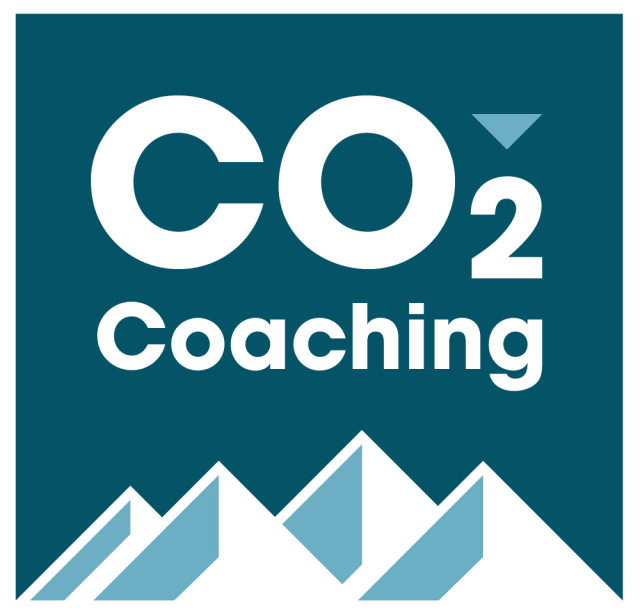 Just Ask Leadership: Why Great Managers Always Ask The Right Questions
Just Ask Leadership: Why Great Managers Always Ask The Right Questions
 CO2 Coaching
CO2 Coaching
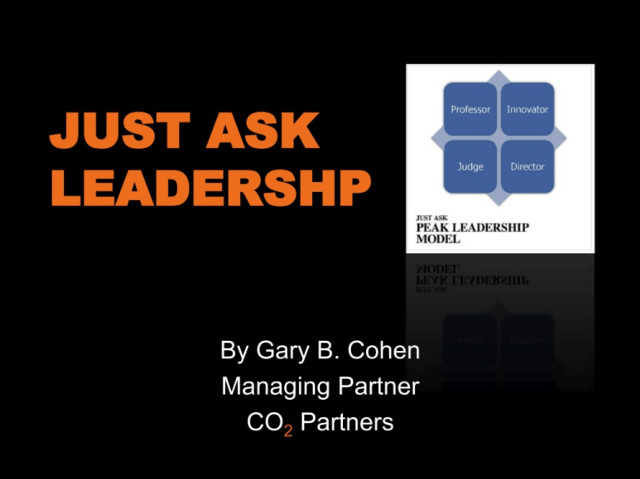 Success is Never a Solo Act
Success is Never a Solo Act
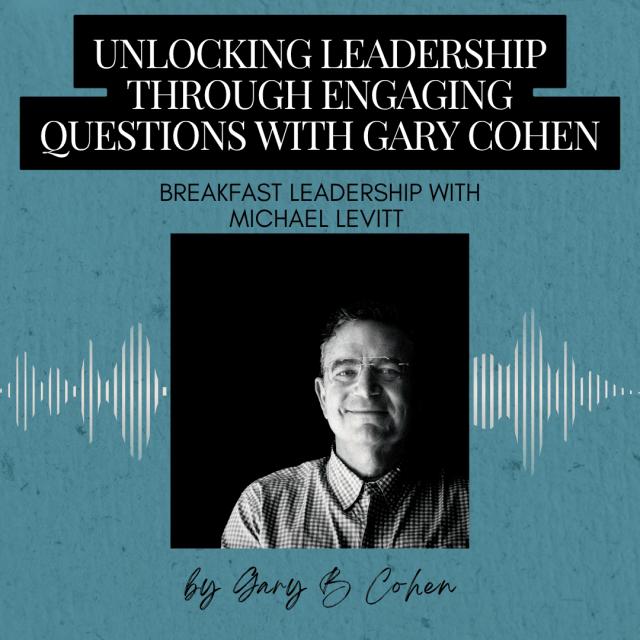 Unlocking Leadership Through Engaging Questions with Gary Cohen
Unlocking Leadership Through Engaging Questions with Gary Cohen
 The Key to Effective Leadership: Asking Better Questions with Gary Cohen
The Key to Effective Leadership: Asking Better Questions with Gary Cohen

 Entrepreneurs: Inside Surveillance Capitalism—What Big Tech Knows About You + More
Entrepreneurs: Inside Surveillance Capitalism—What Big Tech Knows About You + More




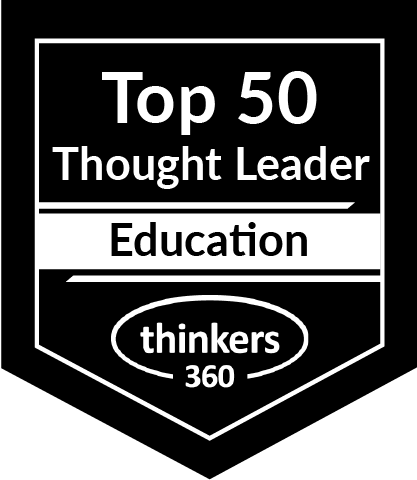
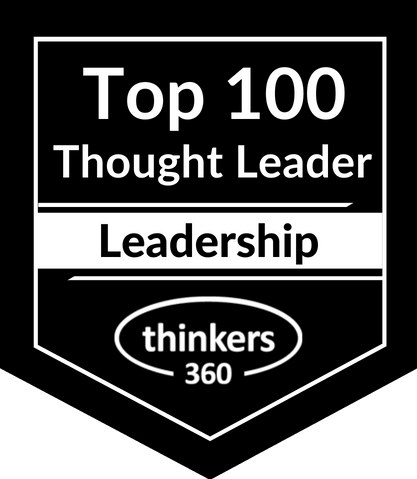
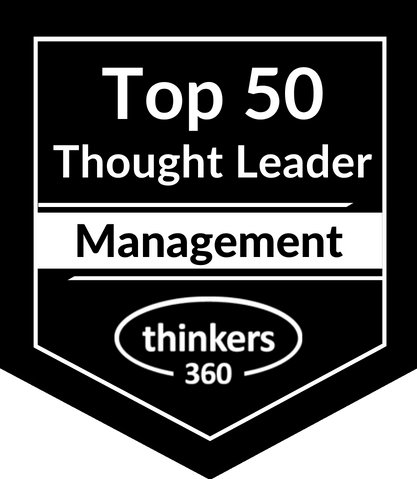
 Stop Asking for Permission: How Leaders Can Break the Accountability Bottleneck
Stop Asking for Permission: How Leaders Can Break the Accountability Bottleneck
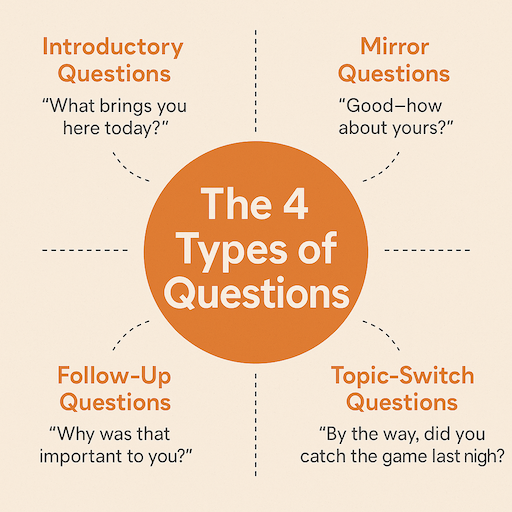 The 4 Most Underrated Coaching Questions (According to Harvard Research)
The 4 Most Underrated Coaching Questions (According to Harvard Research)



